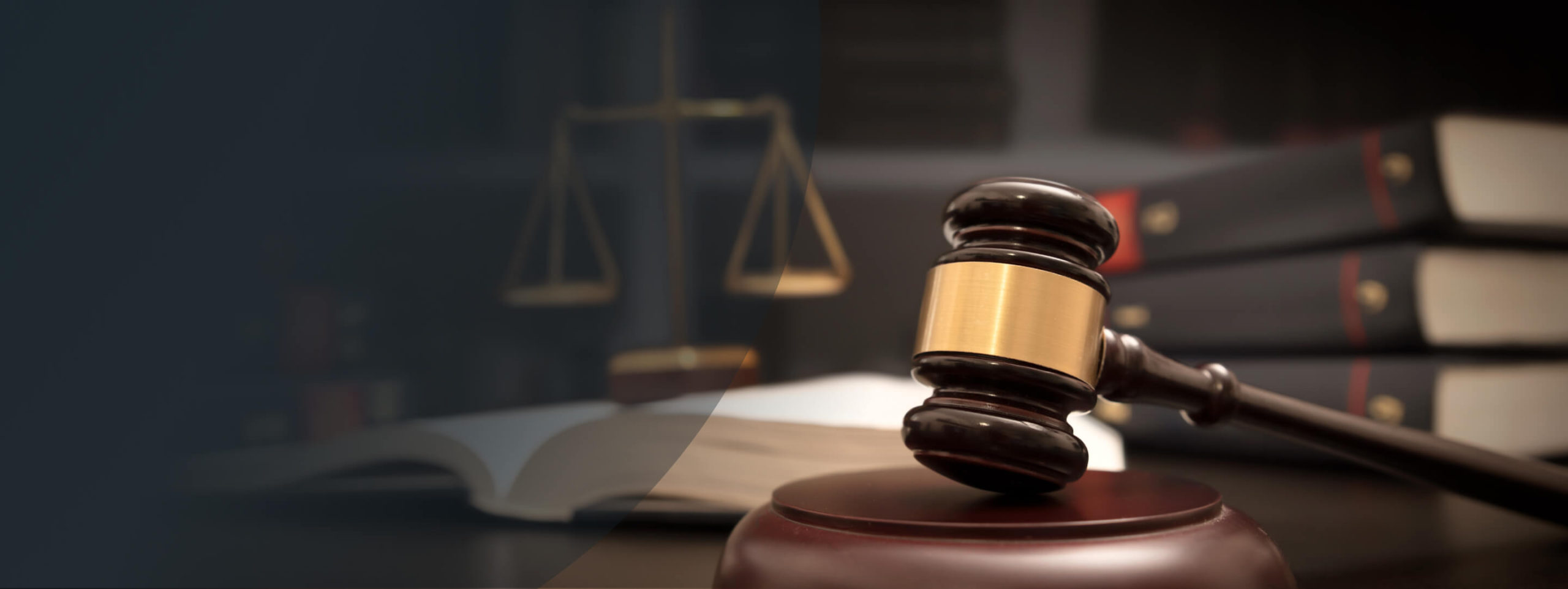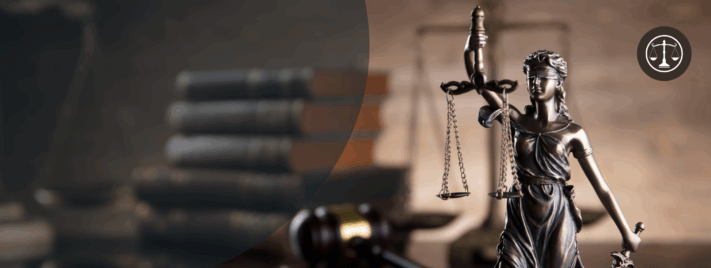In an age dominated by social media, defamation disputes in Australia are on the rise. Yet, many members of the public remain unclear on what constitutes “defamation,” the distinctions between civil and criminal defamation, and the boundaries of lawful expression. This article provides a comprehensive overview of Australian defamation law, referencing statutory provisions and case examples, to help individuals avoid legal pitfalls while safeguarding their right to free speech.

Legal Framework of Defamation
Under the Defamation Act 2005 (NSW), defamation occurs when false statements are published—whether in written, spoken, or electronic form—that damage the reputation of an individual or identifiable entity. For a claim to be established, three elements must be satisfied:
- The matter conveys a defamatory meaning;
- The defamatory matter identifies or is reasonably understood to identify the plaintiff;
- The matter is published to at least one third party.
Most defamation actions in Australia are civil in nature and are resolved through litigation seeking damages or a retraction/apology. Criminal defamation, while rare, is governed by section 529 of the Crimes Act 1900 (NSW) and carries a maximum penalty of three years’ imprisonment.
Civil vs Criminal Defamation: Key Differences
| Civil Defamation | Criminal Defamation | |
| Legal Basis | Defamation Act 2005 (NSW) | Crimes Act 1900 (NSW) – Section 529 |
| Burden of Proof | Plaintiff must prove defamatory publication caused reputational harm | Prosecution must prove intentional publication with intent to cause serious harm to another or threaten public order |
| Common Contexts | Online attacks, unfounded personal allegations | Malicious publications inciting violence or public panic |
| Legal Consequences | Damages, injunctions, apology or retraction | Criminal prosecution, maximum 3 years’ imprisonment |
Case Examples:
- Civil Defamation: A falsely accuses neighbour B of animal cruelty on WeChat Moments. B suffers social ostracism in the community. B may pursue civil damages.
- Criminal Defamation: C deliberately spreads a false rumour that a religious group is planning a terrorist attack, causing public fear and unrest. This may give rise to a criminal prosecution.
Lawful Criticism: Protected Forms of Expression
Not all negative commentary amounts to defamation. The law provides several defences and limitations that safeguard freedom of speech:
Under the Defamation Act 2005, corporations with 10 or more employees generally cannot sue for defamation, unless the matter is brought as an injurious falsehood claim.
Example: Harsh opinions about business practices of retailers like Woolworths or Coles are not actionable under defamation, but may potentially trigger other remedies if false and damaging.
Defamatory content published on Chinese platforms (e.g., Weibo, Xiaohongshu) poses evidentiary challenges due to cross-border data collection and enforcement difficulties.
- Plaintiffs may struggle to identify and locate anonymous account holders.
- Cross-border litigation requires cooperation under mutual legal assistance treaties (MLAT), often with high costs and limited success rates.
Where defamatory statements concern matters of public interest—such as corruption, environmental violations, or misconduct by public officials—publishers may rely on statutory defences including:
- Truth (Justification)
- Honest Opinion
- Qualified Privilege (on reasonable grounds)
- Public Interest Defence under Section 29A (NSW amendment)
Example: A journalist publishing a report on bribery involving a politician, supported by credible evidence, may successfully invoke public interest defences.
Strategies for Responding to Defamation Claims
- Assert Defences: Truth, honest opinion, and qualified privilege are powerful shields.
- Jurisdictional Advantage: If the alleged defamation occurred on foreign-language platforms, the plaintiff may struggle to link the account to the defendant.
- Prioritise Civil Action: Civil proceedings are typically more accessible and effective.
- Criminal Referral: Filing a police complaint is possible but rarely results in prosecution.
- Preserve Evidence: Take screenshots, secure timestamps, record downstream impacts (e.g., contract cancellations, medical reports).
Practical Legal Guidance: Balancing Free Expression with Risk Mitigation
Australian defamation law seeks to strike a balance between protecting personal reputation and maintaining a space for public discourse. Legal professionals and the public should be mindful of the following:
- Avoid making false or unfounded allegations against identifiable individuals or small businesses;
- Ensure factual basis and fair comment for any serious accusations;
- Pursue civil remedies first in the event of reputational harm and consider criminal action only in severe or malicious cases.
While civil defamation thresholds are relatively low, criminal defamation remains an exceptional remedy reserved for cases of significant public harm. Individuals exercising their freedom of speech should do so responsibly, supported by facts and legal awareness.
Need Help with your Defamation Matter in Australia?
Whether you are facing a defamation claim or considering legal action for reputational harm, consult with an experienced defamation lawyer promptly to assess your options and take the appropriate course of action.
News

Andrew Bell SC New NSW Chief Justice
16/02/2022
New online safety laws implemented
01/02/2022We help with your legal needs today!
Don’t worry, just book a time and talk to our solicitor and we’ll help you.






